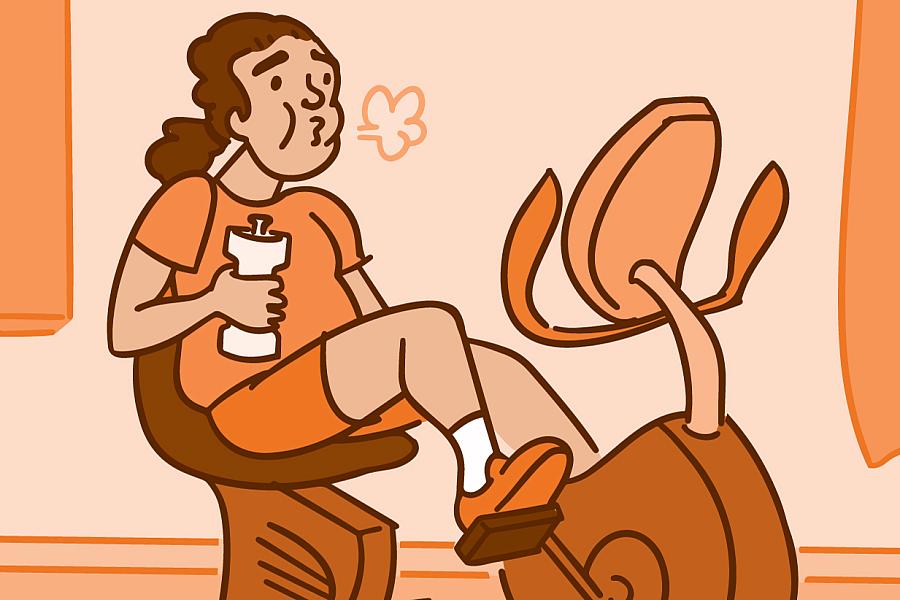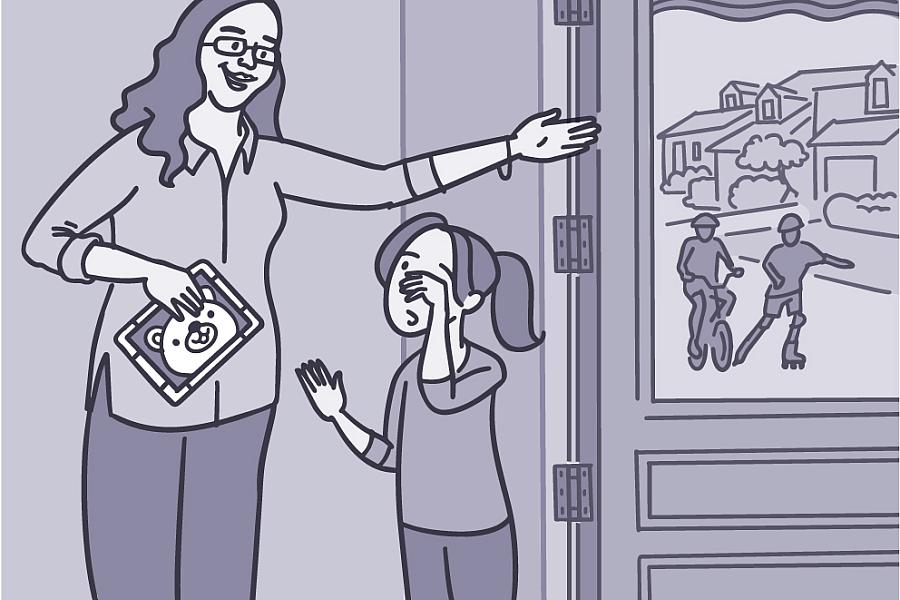Health Capsule
Being a Beta Male
In male baboons, higher social rank generally brings lower stress. But a new study shows that the highest-ranked (alpha) males have greater stress levels than the second-ranking (beta) males. The finding suggests that life at the very top can be more costly than previously thought.
A high social rank has advantages in many animal societies. Alpha males, for example, have first choice of food and father the most offspring. But a high rank also brings conflict and stress—and stress can take both a mental and a physical toll.
For 4 decades, a research team directed by Drs. Jeanne Altmann of Princeton and Susan Alberts of Duke has been studying a baboon society. For their new report, the NIH-funded researchers examined stress hormone levels in fecal samples from 125 male baboons over a period of 9 years. They compared these hormone levels with the animals’ social rank.
The team discovered that high-ranking males generally had lower stress hormone levels than other males. But there was one major exception: Alpha males had much higher stress levels than beta males.
The researchers looked for differences that might account for the finding. Alpha males, they noted, spent more energy guarding fertile females. They also spent more energy threatening other males in order to retain their alpha status.
In any given group, alpha and beta males do most of the mating and father most of the offspring. But this study yielded a surprising downside that may affect health and wellness in alpha males.
“Baboons are not only genetically closely related to humans, but like humans they live in highly complex societies,” says Dr. Laurence Gesquiere of Princeton, lead author of the new report. “An important insight from our study is that the top position in some animal—and possibly human—societies has unique costs and benefits associated with it.”
NIH Office of Communications and Public Liaison
Building 31, Room 5B52
Bethesda, MD 20892-2094
nihnewsinhealth@od.nih.gov
Tel: 301-451-8224
Editor:
Harrison Wein, Ph.D.
Managing Editor:
Tianna Hicklin, Ph.D.
Illustrator:
Alan Defibaugh
Attention Editors: Reprint our articles and illustrations in your own publication. Our material is not copyrighted. Please acknowledge NIH News in Health as the source and send us a copy.
For more consumer health news and information, visit health.nih.gov.
For wellness toolkits, visit www.nih.gov/wellnesstoolkits.




